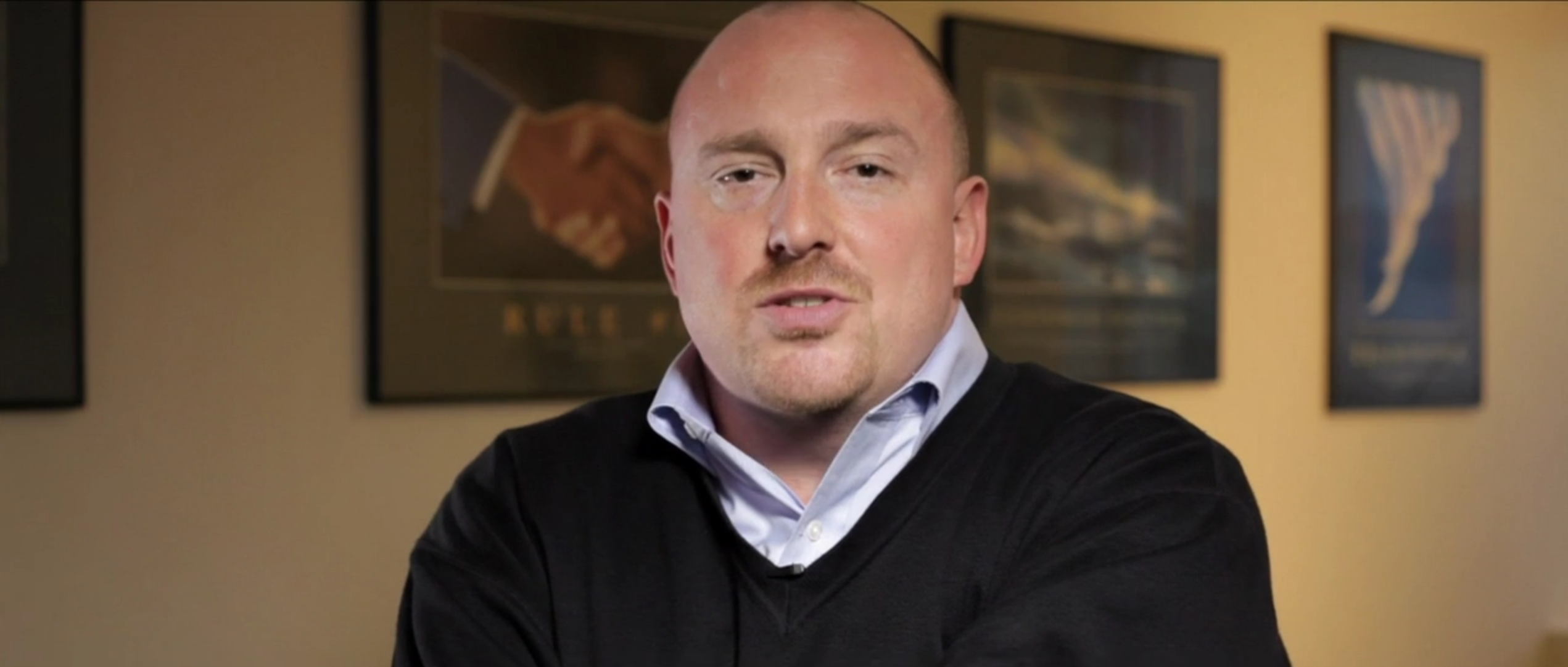Amongst the varied types of projects I work on, I have the pleasure of working with a diverse group of corporate clients on a regular basis. Each client has different takes on the type of content they prefer to use. Some relying heavily on photos and graphics, others are interested in shooting relevant b-roll, some want stock footage, some want staged material… the list goes on. But the cornerstone of most corporate videos is the interview. It is a simple, fast and (deceivingly) easy way to deliver information, add personality and emotion to a message, and engage an audience interested in your topic. The interview permeates many varieties of video, so it is absolutely critical for producers/videographers/filmmakers to master the it. I’ve spent the last 11 years shooting professional video content of all types, much of that interviews, and I’d like to spend the rest of this post sharing some of my best practices I’ve learned and discovered along the way.
There are a few necessary conditions for an interview to really take off.
1. They have to be comfortable
2. They have to be passionate
3. Sometimes surprise
4. They have to be honest
If these conditions are in place, we have the opportunity to capture some great stuff. So the interviewee is there in front of the lens… They’re now at the mercy of the questions. There are no hard and fast rules here. Sometimes the simplest yes or no question can lead to an intimate insight. Often, a well phrased and relevant question falls flat. If you have an infinite budget and time, it’s best to do a heck of a lot of research on your interviewee, the subject(s) they’re speaking to, the context they’re talking in, etc etc. It’s immensely helpful to meet beforehand. A phone conversation can do the trick, but I’ve learned that you can’t replace a casual face to face. My goals in these early meets tend to vary depending on how media-ready the interviewee is and the type of content we’re after. On a recent documentary project for a non-profit, much of the project centralized around the hardships that the interviewee had experienced. We spent 3 days getting to know each other before we shot the video. The emotion and vulnerability that was expressed in that interview is what really sells the story. Yet it wouldn’t have been emotionally possible without making the investment of time with the interviewee, building trust and ensuring that I was treating the hardships with the required attention.
In corporate videos, there often isn’t much time to establish a relationship with the interviewee. Instead of days or hours, some instances only allow for minutes before the camera begins to roll to develop a bit of repor. The attention has to shift to becoming acutely aware of who I’m speaking with and their role before stepping foot in the room. Seems like such an obvious point, but it’s surprising to see how many interviews I’m a part of (maybe just shooting, not organizing) that are missing this piece.
Occasionally, I’ve run into the situation where another interview needs to be taped (or captured…) last minute. No prep, no meets beforehand, just start rolling.
In the next blog post on this series, I will be discussing specific questions I try to ask for almost every interview.
Comments/questions?


Comments
Well said, James. This is an incredibly honest and insightful message that every client should all be aware of, and for the sake of the project, be willing to invest in. The fact that you state this up front, and so eloquently, is a great tell that you have great concern for your client, there interests, and your craft.
thanks for reading 🙂